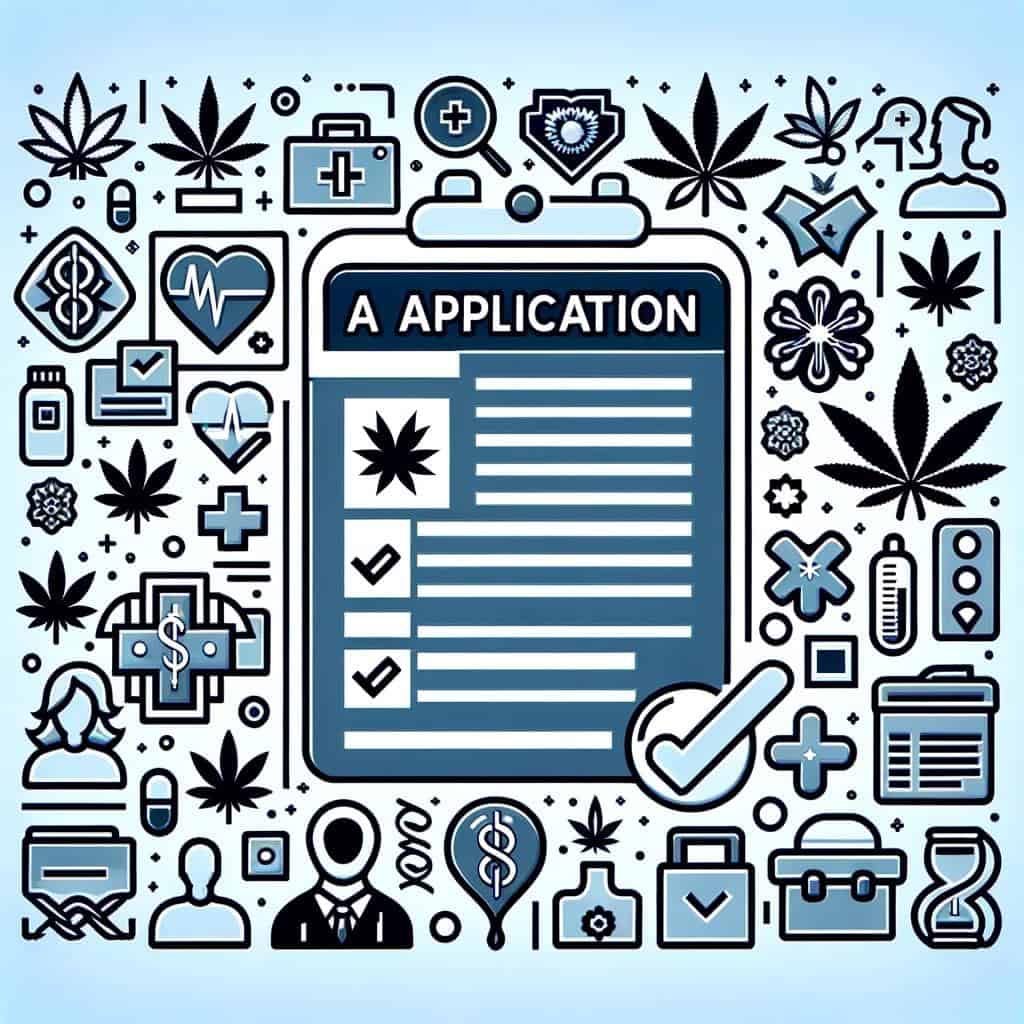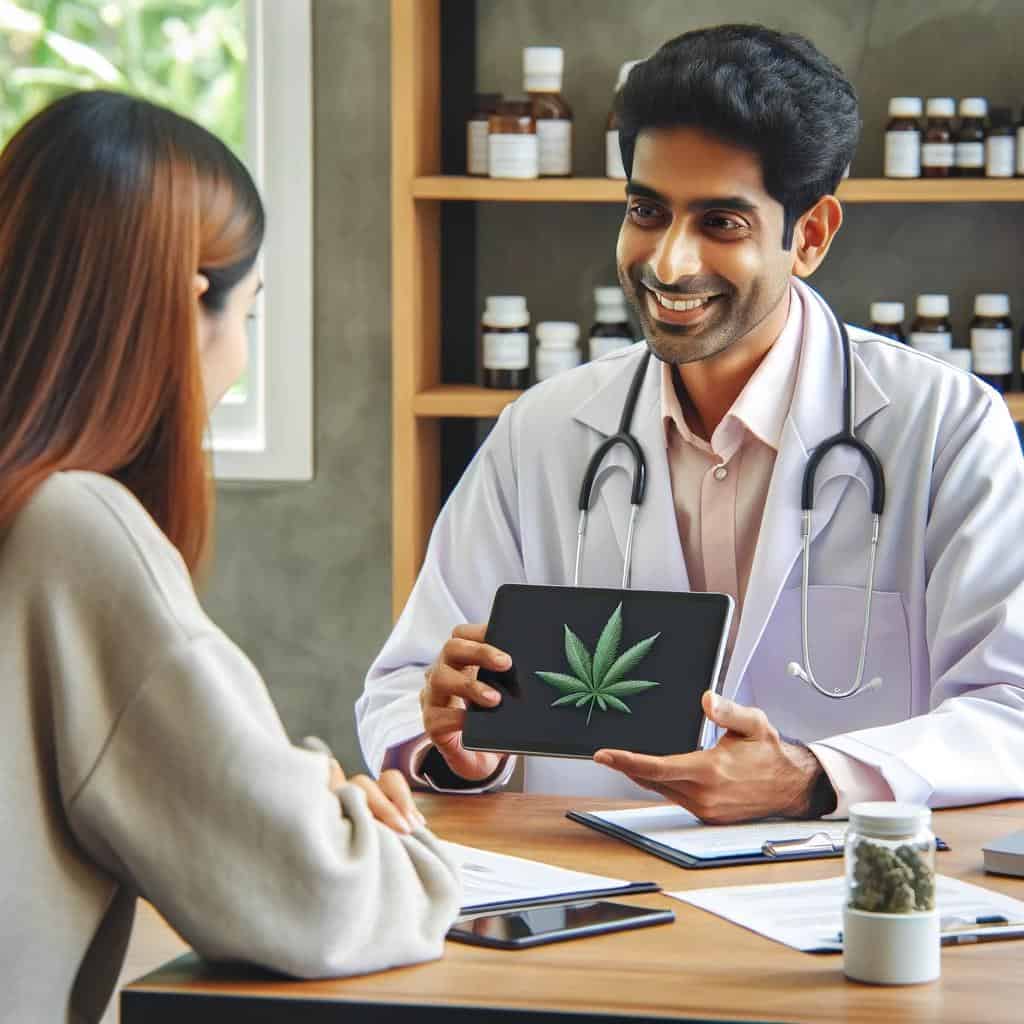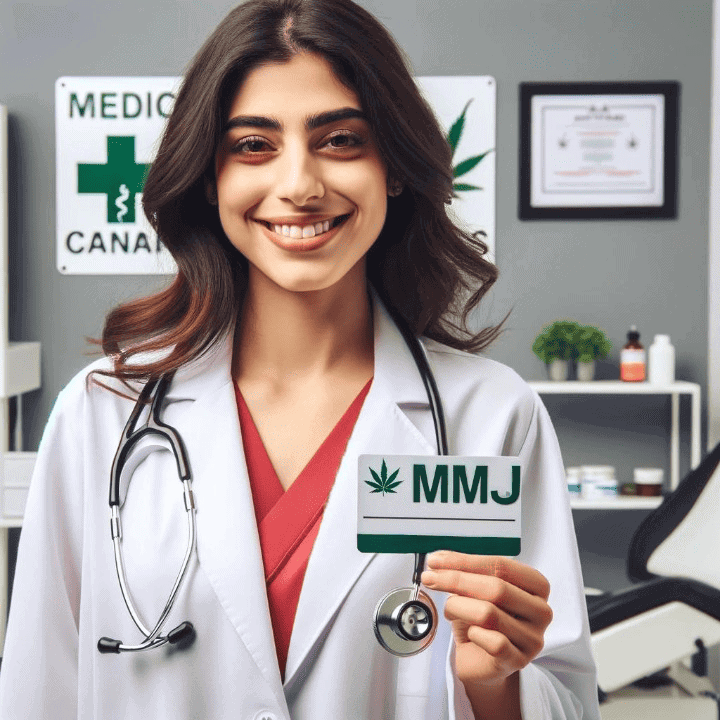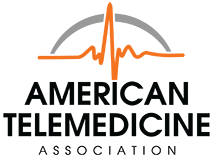- [email protected]
- (619) 304-4004
In New York, the process for medical marijuana application is streamlined and patient-centric. As of 2023, patients simply need a certification from a registered healthcare provider, eliminating the need for specific qualifying conditions or state registration for a medical marijuana card.
This blog provides a concise guide on this process, crucial for patients seeking legal access to medical cannabis in New York.
Medical Marijuana in New York

The application process for medical marijuana in New York has been significantly streamlined as of March 2023, marking a pivotal change in the state’s approach to medical cannabis access. This updated process eliminates the need for patients to navigate through a list of specific qualifying conditions or undergo the traditional state registration and MMJ card issuance.
Now, the focus is on a simplified certification process managed by healthcare providers. Under this new system, patients seeking access to medical marijuana must obtain a certification from a New York State licensed healthcare provider, who has the discretion to recommend medical marijuana as a treatment option.
This certification automatically registers the patient in the state’s medical marijuana program, including a registry ID number essential for purchasing medical marijuana products from licensed dispensaries. This change reflects New York’s commitment to making medical cannabis more accessible to those who may benefit from its therapeutic properties.
As of 2023, medical marijuana is legal in New York. The New York State Medical Cannabis Program, initially implemented in 2016, has undergone significant amendments, notably with the Marihuana Regulation and Taxation Act (MRTA) in March 2021.
This Act enhanced patient access to medical marijuana by expanding the range of qualifying medical conditions, increasing the number of caregivers a patient can designate, and broadening the categories of available cannabis products.
The evolution of medical marijuana policy in New York has been marked by gradual liberalization. The introduction of the Medical Cannabis Program in 2016 laid the groundwork for the use of medical cannabis in treating various conditions.
With the passage of the MRTA in 2021, New York further expanded the accessibility and scope of medical marijuana, allowing thousands of residents to benefit from its therapeutic use. These changes indicate a shift towards a more inclusive and comprehensive medical cannabis policy.
For patients seeking medical marijuana in New York, the first step is to obtain a certification from a healthcare provider. Eligible healthcare providers include those who are registered and licensed in New York State to prescribe controlled substances.
After completing an OCM-approved course, these practitioners can certify patients for medical cannabis. The certification process can also be conducted via telemedicine services. Once certified, patients can use their medical cannabis certification, along with a government-issued photo ID, to purchase cannabis products from licensed dispensaries.
In a significant update in March 2023, New York eliminated specific qualifying medical conditions for medical marijuana access. Now, healthcare providers have the discretion to decide whether their patients’ conditions qualify for medical cannabis use. To be eligible, one must be a legal resident of New York and obtain a healthcare provider’s certification that deems medical marijuana appropriate for their condition.
This MMJ certification in New York, containing a registry ID number, enables the patient to purchase medical cannabis. Healthcare providers eligible to prescribe medical marijuana must complete specific training and be registered to prescribe controlled substances in New York. Minors can also access medical marijuana through a designated caregiver, following a similar certification process.

To certify patients for medical marijuana in New York, healthcare providers must meet specific criteria and follow a defined process:
Healthcare providers aspiring to recommend medical marijuana must complete a minimum two-hour approved course. The course is available online and includes comprehensive content on the medical use of cannabis.
Topics covered in the course include cannabis pharmacology, contraindications, side effects, adverse reactions, overdose prevention, dosing, routes of administration, and the overall risks and benefits of cannabis use. Continuing Medical Education (CME) credits are offered for the course, making it beneficial for healthcare professionals in their practice.
The process for obtaining medical marijuana certification in New York is relatively straightforward:
The medical marijuana certification in New York includes critical information such as the patient’s registry ID number, which is essential for purchasing medical cannabis at licensed dispensaries. The certification, along with a valid government-issued ID, is all that is required for patients to buy medical cannabis in New York.
The certification process ensures that patients have undergone an appropriate evaluation by a qualified healthcare provider and are registered in the state’s medical cannabis program.

As of March 20, 2023, New York State has transitioned from issuing physical medical marijuana cards to focusing on medical cannabis certifications. The renewal process for these certifications has also been updated to reflect this change.
If a patient’s new certification number differs from the previous one, they will need to re-register with the state. This is essential to maintain eligibility for medical marijuana access. The process involves gathering necessary documents such as a physician’s certification, photo ID, proof of New York State residency, and, for minors, a birth certificate.
As of March 2023, New York replaced medical marijuana cards with certifications from medical practitioners.
Consult a healthcare provider to assess suitability for medical marijuana. The provider, after evaluation, will issue a certification with a registry ID number.
Yes, patients can renew or extend their certifications online through telemedicine services.
New York no longer lists specific qualifying medical conditions. Healthcare providers have the discretion to decide if a patient’s condition qualifies for medical marijuana.
Yes, patients must be legal residents of New York.
Certifications are valid for one year but can be set for a shorter duration by the healthcare provider.
If the certification number changes, you’ll need to re-register with the state.
Yes, but they must access medical marijuana through a designated caregiver.
No, New York does not offer reciprocity for out-of-state medical marijuana cards.
While there is no fee for the certification, patients must pay for the consultation with the healthcare provider, which varies in cost.
Navigating the medical marijuana application process in New York can seem daunting, but with the right resources, it becomes manageable. By referring to the official health department and cannabis management websites, you can access step-by-step guides, necessary forms, and detailed FAQs that will streamline your application journey.
Whether you are a patient seeking relief or a practitioner looking to certify patients, these resources will ensure you have the information needed to comply with New York’s regulations and successfully obtain your medical marijuana certification.
https://www.health.ny.gov/regulations/medical_marijuana/patients/
https://cannabis.ny.gov/medical-cannabis-program-faqs
https://cannabis.ny.gov/patients
https://cannabis.ny.gov/practitioners
https://cannabis.ny.gov/medical-cannabis
https://norml.org/laws/medical-laws/new-york-medical-marijuana-law/

A1 Marijuana Doctors is an online platform, that connects marijuana patients to marijuana doctors in their state.

A1 Marijuana doctors is an online platform that connects medical patients to medical marijuana doctors. We offer a quick & easy way to apply for a medical marijuana card in all legal states.
Social Links
Contact Us
Quick Links
Trusted By




This website does not sell medicine nor controlled substances. It is a network of doctors & nurse practitioners, not a pharmacy / dispensary.
Copyright ©2023 A1 Marijuana Doctors. All rights reserved.